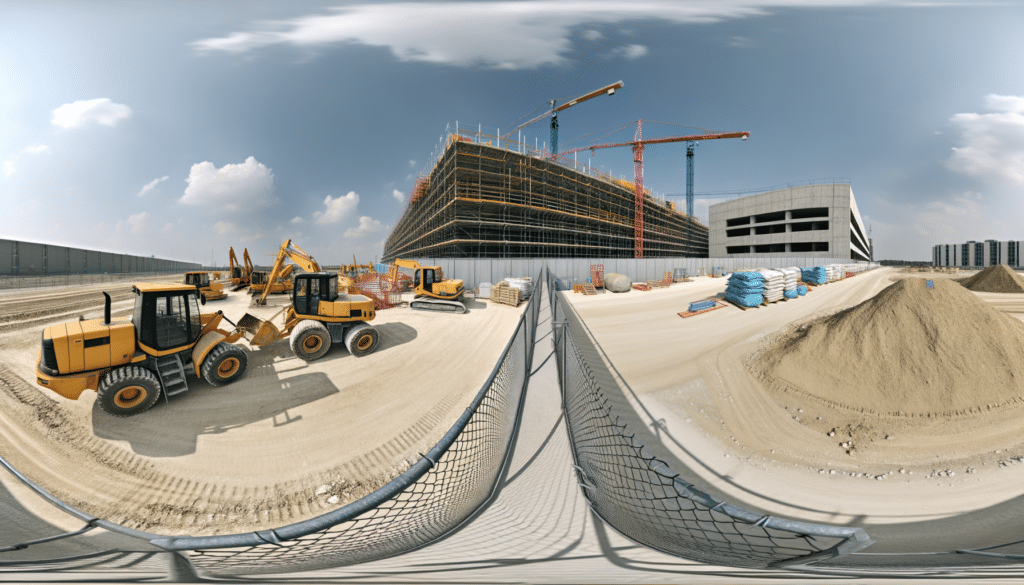The World of Construction Jobs: Building Foundations for the Future
The construction industry offers a range of job opportunities for skilled individuals who want to be part of building the future.
Understanding the Construction Industry
The construction industry is an integral part of any economy, responsible for creating the infrastructure that society relies on. Whether it’s residential buildings, commercial complexes, roads, bridges, or public facilities, construction jobs cover a wide array of projects. These jobs are not just about manual labor; they also involve extensive planning, design, and management. The industry employs architects, engineers, site managers, and various specialized workers who collectively bring a project to life. With advancements in technology and sustainability practices, the construction industry is constantly evolving, offering new challenges and opportunities.

Diverse Career Paths in Construction
There are numerous career paths within the construction industry, each requiring different skill sets and qualifications. For instance, carpenters focus on cutting, shaping, and installing building materials. Electricians, on the other hand, are responsible for installing and maintaining electrical systems. Plumbers, masons, and welders also play crucial roles in construction projects. In addition to these specialized roles, general laborers are essential for day-to-day operations on construction sites. For those interested in leadership, project managers oversee the entire construction process, ensuring that projects are completed on time and within budget. Depending on the role, entry requirements may vary from vocational training to advanced degrees.
,
The Importance of Safety in Construction
Safety is paramount in the construction industry due to the inherent risks associated with the job. Construction sites can be hazardous, with heavy machinery, high structures, and various materials posing potential dangers. Therefore, safety regulations and protocols are strictly adhered to, ensuring the well-being of workers. Safety training is an ongoing process, with many companies providing regular workshops and updates on the latest safety measures. Personal protective equipment (PPE) such as helmets, gloves, and safety goggles are mandatory on sites. Additionally, emergency response plans and first-aid provisions are standard practices aimed at reducing accidents and injuries.
,
Technological Innovations in Construction
The construction industry has seen significant technological advancements that have revolutionized how projects are executed. Building Information Modeling (BIM) allows for the creation of detailed 3D models of projects, facilitating better planning and communication. Drones are now used for site surveys and inspections, providing accurate data and reducing the need for manual surveying. Robotics and automation are also making headway, with tasks like bricklaying and concrete pouring being handled by machines. These innovations not only improve efficiency but also enhance the quality of construction work, making projects safer and more sustainable.
,
The Future of Construction Jobs
The future of construction jobs looks promising, with continuous growth expected in the sector. Sustainable building practices are gaining traction, focusing on reducing the environmental impact of construction activities. Green buildings, which are energy-efficient and environmentally friendly, are becoming more common. This shift opens up new job opportunities in areas such as renewable energy installations and environmentally sustainable design. Additionally, the demand for skilled labor in the construction industry remains high, with many construction firms actively seeking qualified candidates. As technology and sustainability become more integrated into construction processes, the industry will likely offer even more diverse and specialized career paths.
